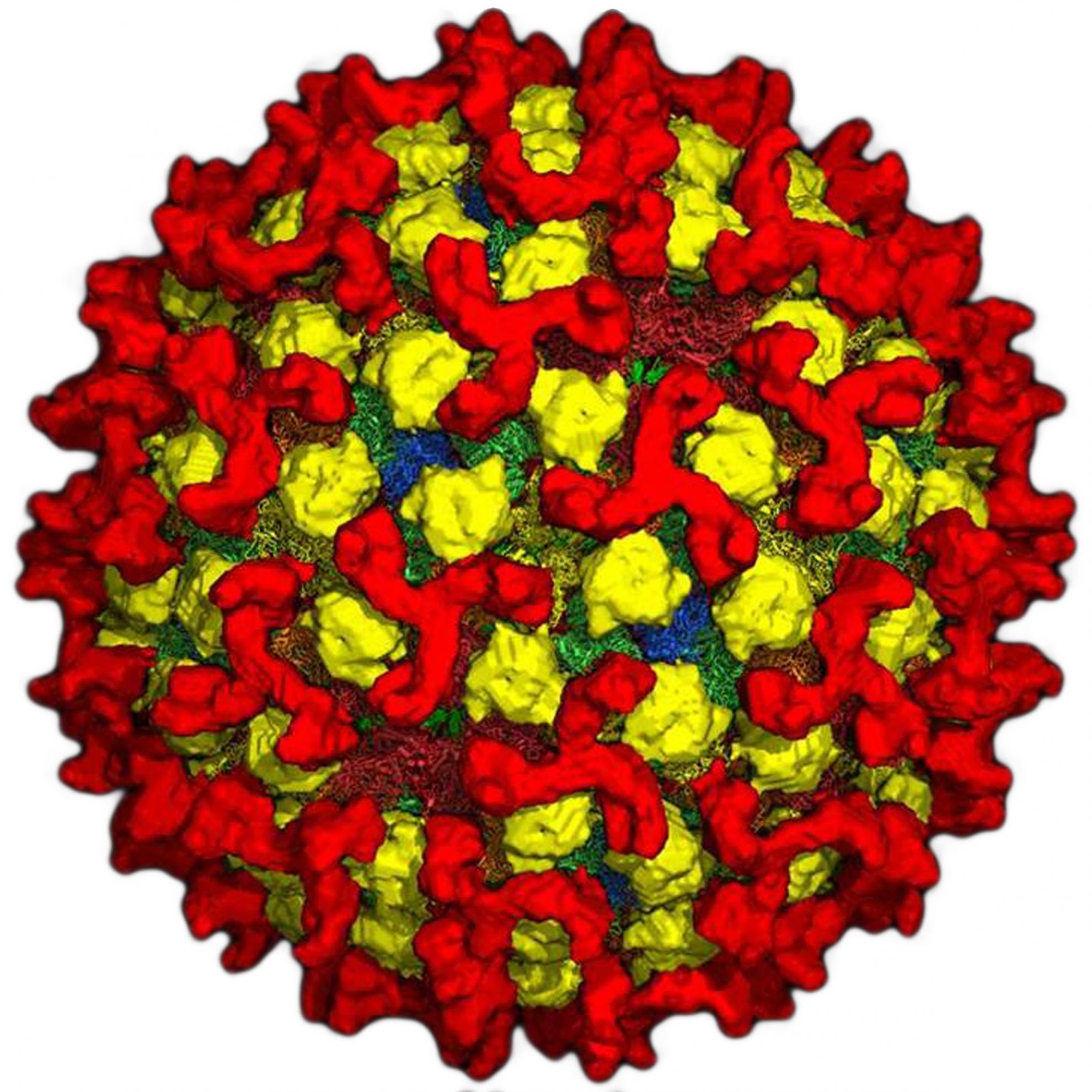Epizootic hemorrhagic disease virus serotype 6 experimentation on adult cattle
Epizootic hemorrhagic disease virus (EHDV), an arthropod-borne orbivirus (family Reoviridae), is an emerging pathogen of wild and domestic ruminants closely related to bluetongue virus (BTV). EHDV serotype 6 (EHDV6) has recently caused outbreaks close to Europe in Turkey and Morocco and a recent experimental study performed on calves inoculated with these two EHDV6 strains showed that the young animals have remained clinically unaffected. The aim of this study was to investigate the pathogenicity of an EHDV6 strain from La Reunion Island in adult Holstein (18-month-old heifers). This EHDV6 strain has induced clinical signs in cattle in the field. Samples taken throughout the study were tested with commercially available ELISA and real-time RTPCR kits. Very mild clinical manifestations were observed in cattle during the experiment although high levels of viral RNA and virus were found in their blood. EHDV was isolated from the blood of infected animals at 8 dpi. Antibodies against EHDV were first detected by 7 dpi and persisted up to the end of the study. Virus was detected in various tissue samples until 35 dpi, but was not infectious. In view of the recent circulation of different arboviruses in Europe, this study demonstrates what the EHD induces a strong viraemia in adult Holstein cattle and shows that a spread of EHD on European livestock cattle is possible.
Back to publications
